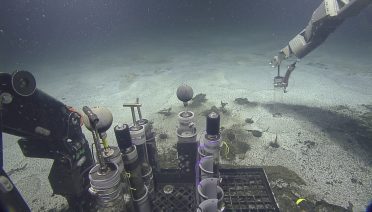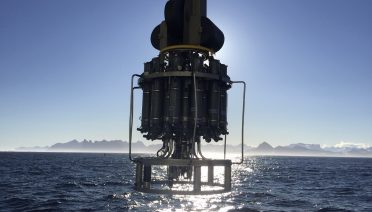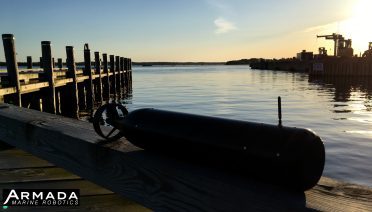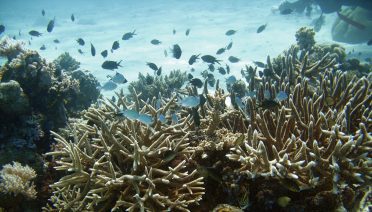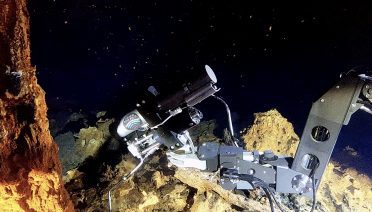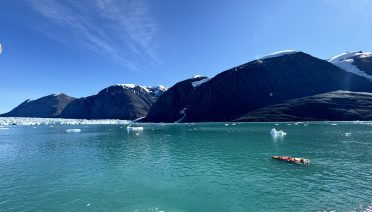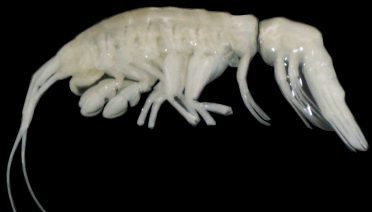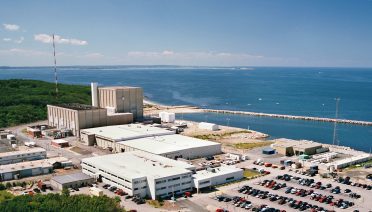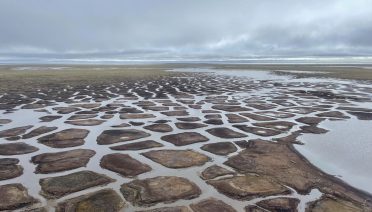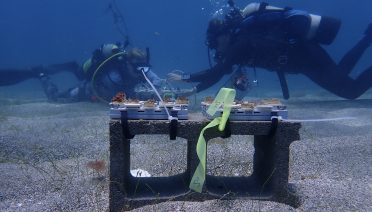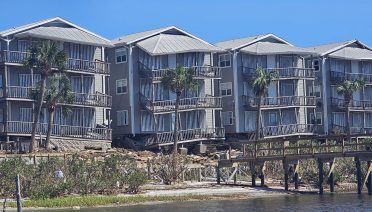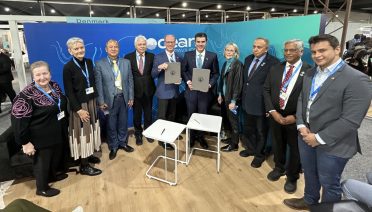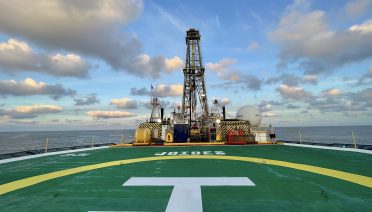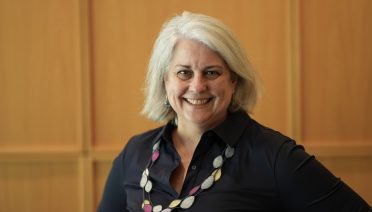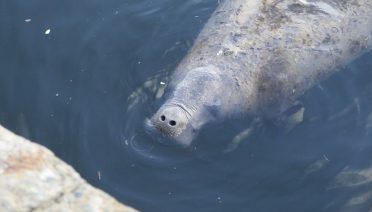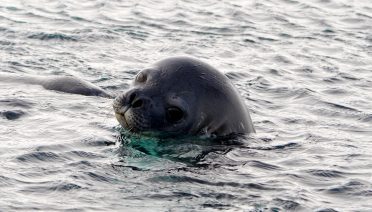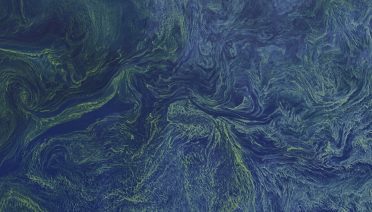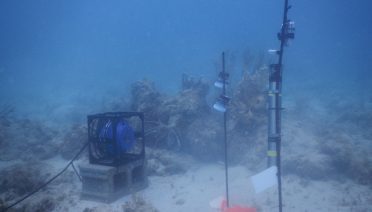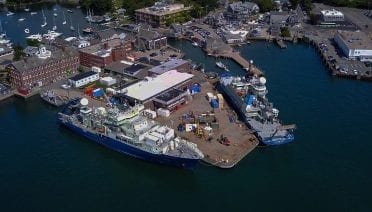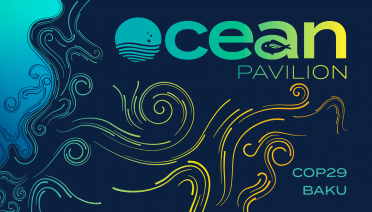Press Room
New research on single-celled organisms sheds light on deep-sea energy sources
Atlantic Meridional Overturning Circulation (AMOC) helps to regulate the Earth’s climate and weather
These agreements mark a significant milestone in WHOI’s efforts to foster innovation, entrepreneurship, and the commercialization of transformative ocean technologies.
Research led by Woods Hole Oceanographic Institution predicts lower fishing yields as corals struggle to survive
Research offers potential understanding of habitability on ocean worlds in the outer solar system
Simultaneous missions near Greenland and American Samoa support critical research about ocean life and sea level rise
This crustacean is the first large, active predatory amphipod from these extreme depths.
Their findings are based on a model of the circulation patterns around Cape Cod Bay and provide insight into the seasonal differences in conditions in and around the Bay.
Observations have shown coastal erosion as an increasing Arctic hazard, but other hazards—including sea level rise and permafrost thaw subsidence—have received less attention.
Scientists from Woods Hole Oceanographic Institution partner with the University of the Virgin Islands to create a resilient artificial reef
A joint team, including WHOI researchers, recently mobilized to investigate the real-time impacts of storm surge and waves from Hurricanes Helene and Milton.
The agreement underscores a commitment between the two parties to host an Ocean Pavilion in the official Blue Zone of COP30 in Belem, Brazil.
A new WHOI-led study challenges theories regarding the origins of a significant transition through the Earth’s ice ages.
Foster comes to WHOI after an extensive national search and brings a wealth of experience and a strong commitment to academic excellence and innovation.
A new study shines light on the role of currents in marine mammal conservation
New research from WHOI and partners sheds light on a novel dive foraging strategy.
WHOI and partners pen Baku Declaration, emphasizing the need for ocean observatories to meet climate and biodiversity goals at COP29
Using successful techniques from an earlier study, acoustic enrichment continues to show promise
Woods Hole, Mass. – At Woods Hole Oceanographic Institution’s (WHOI’s) Fall Joint Meeting of the Board and Corporation today, Institution leaders elected five new Corporation Members. “I am pleased to welcome and thank our new Corporation Members for being a…
Leading science institutions and partners will make the case for greater inclusion of the ocean at COP29

